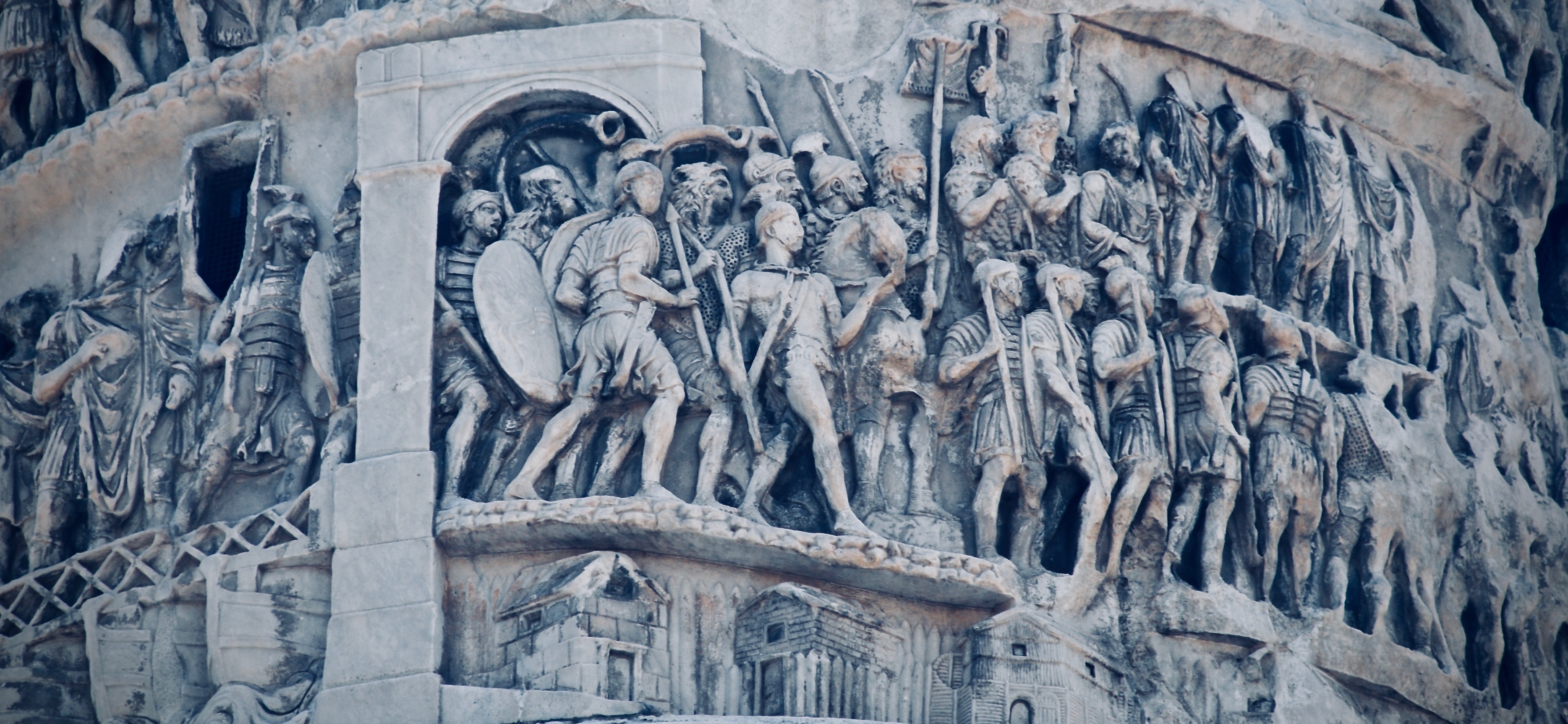Nemelshen's Dyke
A huge defensive earthwork that stretches across the southern border of the Republic of Castar, from the foot of the Uzkesh Mountains to the Ocean of Memaran. Named after the first King of Castar, Nemelshen I, the Dyke is a purely defensive structure commissioned to protect the southern border of the old kingdom from incursions by the tribes of the ‘Free States’. Nemelshen’s Dyke still acts as the southern border of the Republic, and has been continuously patrolled by Castarian troops since its construction.
Purpose / Function
Nemelshen’s Dyke has a single purpose, and that is to protect the southern border of the Republic of Castar from invasion, and to restrict the movements of tribes from the ‘Free States’, particularly the roving war-bands of Orcs and Gnolls that inhabit the lands to the south, from gaining access to Castar to raid its villages and enslave its inhabitants.
Architecture
In essence, Nemelshen’s Dyke is built around an incredibly simple design. A large ditch 4m wide and 3m deep on average was excavated along the line of the southern border, and the excavated earth was then piled on the northern side of the ditch. This earth was then compacted to create a thin artificial hill on average 4m in height and 3m wide. This earthwork was then seeded with grass to help hold the soil together.
This means that anyone who wanted to cross the southern border must first traverse the ditch, which is much deeper than the average humanoid, and then scale the earthwork, which again is well above average humanoid height, to gain access to Castar. Although the Dyke is rather crude in its concept and construction, is has been operating as an effective barrier to invasion from the tribes of the ‘Free States’ to the south for over 400 years. Every 10 miles along the length of the Dyke small palisade garrison forts have been built on and around the Dyke, to provide quarters for the Republican Army garrisons that are stationed to protect the border.
History
The years that followed the formation of the then Kingdom of Castar were full of a considerable number of trials that the first King of Castar, Nebuchadnezzar I had to deal with to keep his fledgling nation together. One of the biggest threats to the future of the newly formed Kingdom came from the people who inhabit, and continue to inhabit the area of the ‘Free States’ to the south of Castar, who viewed the newly settled Castarians as both trespassers, for squatting in their nomadic routes, and as an easy target to raid and capture slaves from.
Although Nebuchadnezzar I was able to keep this problem just about in hand, when his son, Nemelshen I succeeded to the throne in 118S.E., one of his top priorities was to secure the southern border of his kingdom, and try and divert some of the massive amount of resources going into the active defence of the realm to other areas where they were desperately needed. Nemelshen’s solution was the design and construction of the enormous ditch and earthwork system that stretched across the southern border, that heavily restricted the movement of the tribal peoples of the ‘Free States’
It took five years to complete the construction of Nemelshen’s Dyke, which was one of the largest engineering feats of its time, and an immense show of the strength of Nemelshen’s power that he was able to mobilise the enormous workforce to complete the work. The immediate impact of the Dyke’s construction was that it now took far fewer troops to patrol and defend the border, as now Castarian forces not only have the advantage of their elevated position on top of the earthwork, but would be assaulters of the earthwork need to navigate the deep ditch and scale the earthwork above before they are in an effective position to fight any defenders. In addition, the strategic advantage defenders are afforded by the Dyke means that far fewer defenders can repel invading or raiding forces than would be necessary on a level battlefield. The Dyke has continued to operate since its construction and the regular Republican Army patrols between the garrison forts keep a watchful eye on any unauthorised incursion into the Republic of Castar.




Comments